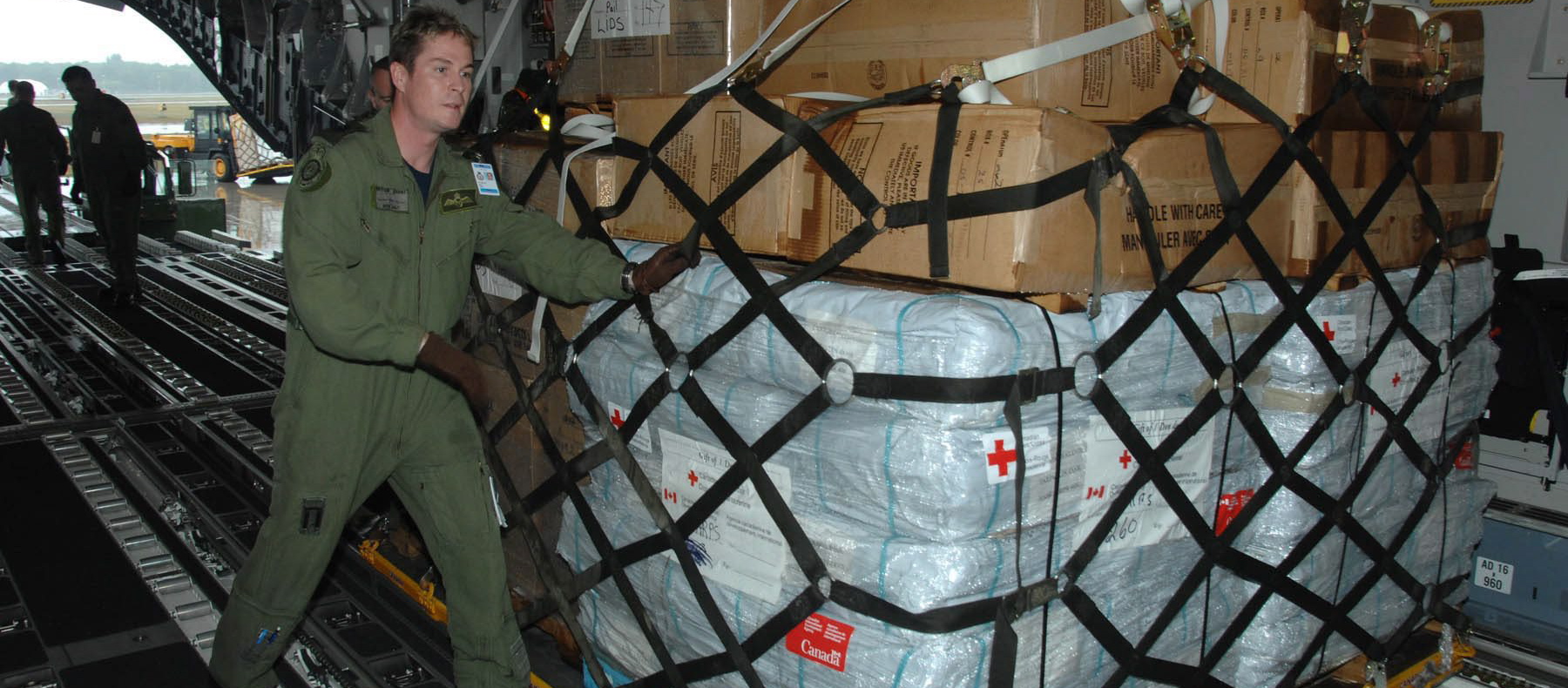In nine months’ time, citizens will vote on whether Scotland is better off with or without the UK. The vote will have wider implications beyond Scotland’s borders. For example, it could affect other peaceful secessionist movements in multi-ethnic nations such as Canada, Spain, and the Balkans.
With great opposition and riots, Scotland became part of England in 1707, while maintaining its own separate legal system. Having its own legal, educational, and religious institutions distinct from those in the UK (England, Wales, and Northern Ireland) has kept and perpetuated Scottish culture and the feelings of national identity which are at the centre of September’s referendum on independence.
For Scottish nationalists, the decision will resolve a centuries-long struggle for independence. While for unionists, the decision will risk losing all the benefits associated with belonging to a great nation with influence and pull.
[captionpix align=”left” theme=”elegant” width=”300″ imgsrc=”http://natoassociation.ca/wp-content/uploads/2014/02/scottish_flag_and_union_jack.jpg” captiontext=”In nine months’ time, citizens will vote on whether Scotland is better off with or without the UK”]
David Mundell, the undersecretary of Scotland, is one of the most zealous supporters of keeping the UK united. Mundell has spent the last month speaking to Washington in meetings at think tanks and influential congressional offices, delivering the message that Scotland has a lot more to lose than to gain by becoming independent. “I would rather be part of a Scotland that has an influence in the world than be part of a Scotland [with] absolutely no influence”, he told Foreign Policy. Scotland is a tiny state of 5 million people, smaller than the population of the Greater Toronto Area. As part of the UK, Scotland enjoys many perks: from being part of an array of international institutions (NATO, United Nations, European Union, G8, and the G20), demonstrating its extensive international influences, to having the support of the British government in case of financial struggles and bail-outs, which came in handy in 2008 following the global financial crisis.
Even though the nationalists won their first election in 2007 and a majority in 2011, according to recent polling, they have a long road ahead of them in winning this battle. In the recent poll taken after the Scottish government released its succession plan, only 27 percent of those surveyed said they’d vote “yes” for independence while 41 percent are planning to vote “no”, though, there is still great concern that the Scottish nationalists are gaining and will gain further ground. Concerned David Cameron reinvigorated his anti-independence campaign, telling the Spectator that “We’ve got to fight every day. It’s one of the biggest issues of next year, if not the biggest.”
As mentioned above, Scotland’s fight for independence is a source of anxiety for multi-ethnic countries, like Canada, and a source for hope for parties like the Parti Quebecois fighting for the separation from Canada. Mundell wishes to avoid the Quebec experience, in which the independence issue has been dragged on without a decisive result. He hopes to have a decisive result that will ease the uncertainty and instability of constitutional debate, which will enable the economy to grow, and for people to prosper within it. Hopefully, in September this debate will truly be put to rest, allowing Scotland’s citizens and political parties to resume their natural course, as part of the UK or as an independent nation.




